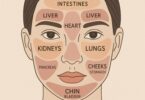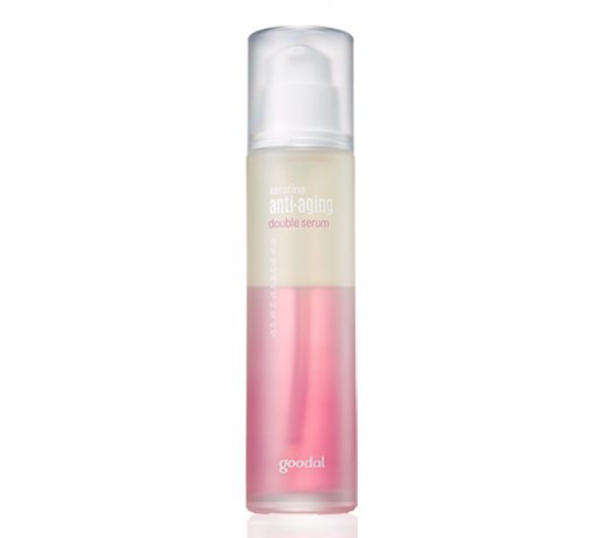If you’ve never heard of Butylene Glycol, look at the ingredients list of your favorite face cream.
There are many different ingredients in your skincare products that may be dangerous or harmful to your skin. Some of them are just simple filler ingredients that are known to cause negative reactions when they come in contact with your skin, but others can actually cause adverse side effects or even do damage when absorbed into your body. Butylene glycol is a petroleum-derived ingredient that you need to know about, due to the fact that it’s an unnatural, man-made nutrient that may cause harm to your skin.
What You Need to Know About Butylene Glycol
Butylene glycol is actually four different chemical compounds. If your skincare products have the term “butylene glycol” on the label, it could be referring to any one of the following:
1,2-butanediol — This is a compound that is used to improve the skin penetration of products. Animal studies have discovered that this ingredient is NOT very toxic when applied to the skin in a mild concentration.
1,3-butanediol —This is the form of butylene glycol most commonly used in skincare and beauty products. It is used to condition and moisturize the skin, and it can help to reduce viscosity of the skincare products. It stops cosmetics from drying out and stabilizes the formulas. It is used in everything from shampoos to lipsticks to anti-aging serums. The EPA states that it is safe to apply to the skin in the low doses that are included in your skincare products. Finding out how much the EPA considers safe is somewhat difficult to do, and if you’re using a lot of products each day you may want to consider using products without this ingredient.
1,4-butanediol — If you read “butylene glycol” on your eye care products, this is likely the type that is used. It is known to be less irritating to the eyes than the other formulations of butylene glycol, making it a good ingredient to use in your eye cosmetics. Topical application of the ingredient to the skin has not been proven to have any side effects.
2,3-butanediol —You won’t find this form of butylene glycol in your cosmetics too often, but it is naturally present in sweet corn, mussels, and cocoa butter. It’s a natural compound, meaning it’s far less likely to be toxic than the man-made forms of butylene glycol.

READ MORE: 10 Weird Skin Conditions
Basically, butylene glycol is found in a wide range of skincare and eye care products, thanks to the fact that it can help to improve skin penetration, promote hydration, and reduce viscosity of the products. According to multiple studies, it is NOT an irritant that you should be worried about.
That being said, it’s vital to understand that some people will exhibit irritation to the compound. Those with sensitive skin may find that butylene glycol causes a rash to form on their skin, or their skin becomes sensitive, inflamed, or turns red. It can also irritate the nasal passages and the eyes if your body reacts negatively to its presence.
Thankfully, it’s highly unlikely that you will experience a negative reaction. The truth of that matter is that butylene glycol is present in a lot of the skincare products that you are currently using, and you’re probably not exhibiting any signs of sensitivity or allergy. Read over your beauty products and see if you can spot butylene glycol on the label. If you do, you’ll realize just how prevalent it is.
You may fear that too much butylene glycol in your skincare products can lead to a buildup of toxins that can harm your body, but you have nothing to worry about. It is a nutrient that has been proven to be safe enough for the average person to use without fear!








